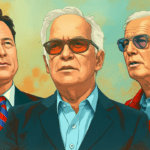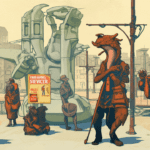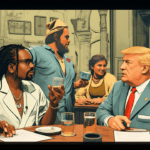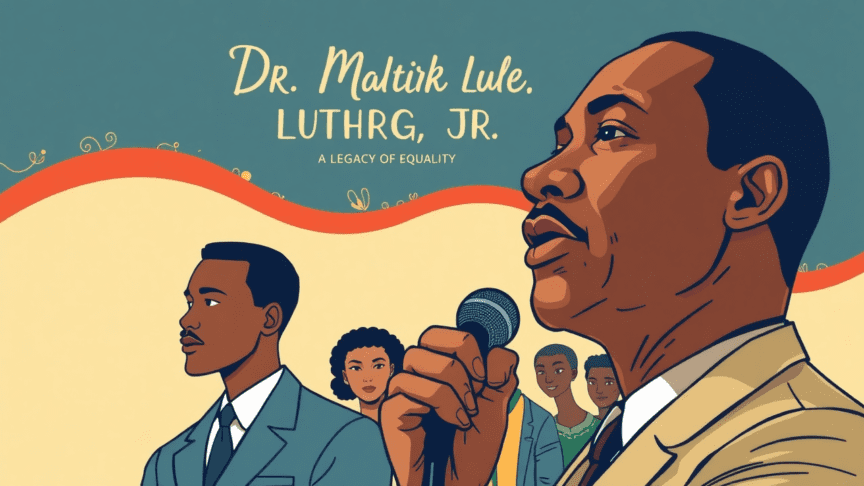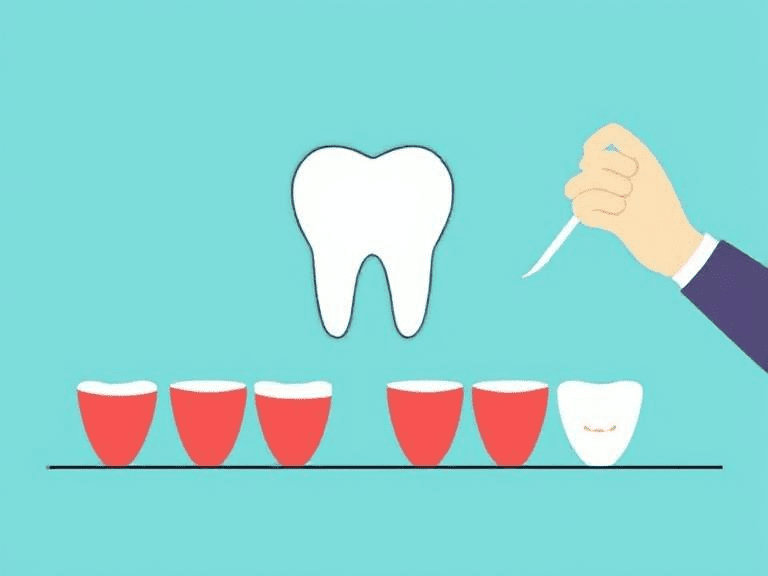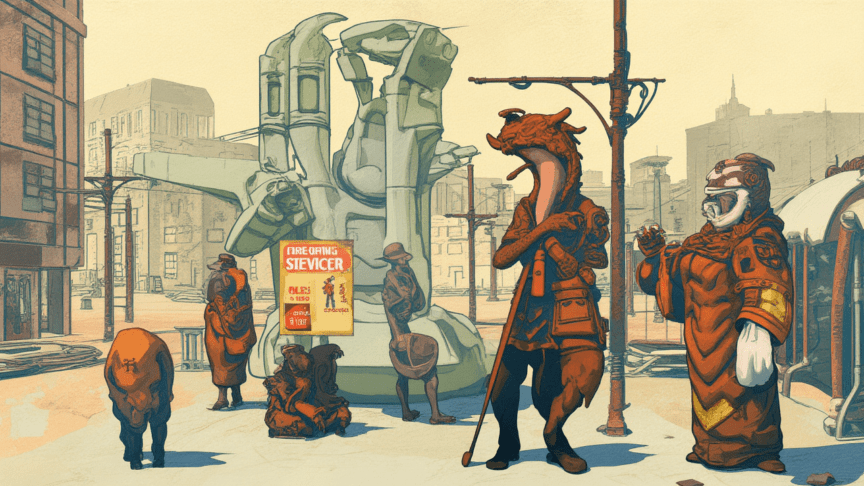Dr. Martin Luther King Jr. Day, celebrated on the third Monday of January, is more than a public holiday in the United States; it is a time to honor the life, legacy, and enduring impact of one of the most influential leaders in the fight for civil rights. Dr. Martin Luther King Jr. dedicated his life to combating racial injustice, advocating for nonviolence, and promoting equality for all. This article explores the significance of this day, his inspiring leadership, and how his message remains relevant today.
The Historical Significance of Dr. Martin Luther King Jr. Day
Dr. Martin Luther King Jr. Day was officially signed into law as a federal holiday in 1983 by President Ronald Reagan, after years of advocacy by civil rights leaders and activists. It was first observed in 1986. The choice of January aligns with Dr. King’s birthday, January 15, allowing the nation to reflect on his contributions to society during a period close to this important date.
The holiday serves as a reminder of the challenges faced during the Civil Rights Movement of the 1950s and 1960s, particularly Dr. King’s pivotal role in organizing peaceful protests, delivering powerful speeches, and inspiring millions to fight for justice.
Who Was Dr. Martin Luther King Jr.?
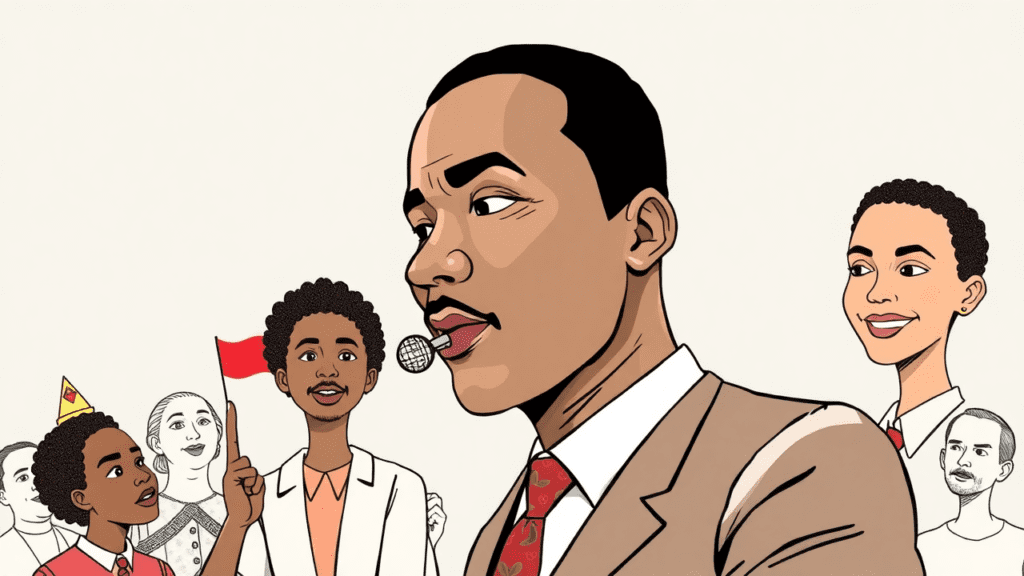
Dr. Martin Luther King Jr. was born on January 15, 1929, in Atlanta, Georgia. As a Baptist minister and social activist, he emerged as a prominent leader of the American civil rights movement. His philosophy of nonviolent resistance, influenced by Mahatma Gandhi, became the cornerstone of his activism. Dr. King’s leadership was instrumental in key events such as:
- The Montgomery Bus Boycott (1955-1956): Sparked by Rosa Parks’ arrest, this boycott led to the Supreme Court ruling that segregation on public buses was unconstitutional.
- The March on Washington (1963): Dr. King delivered his iconic “I Have a Dream” speech during this historic event, emphasizing his vision of a nation free from racial discrimination.
- Selma to Montgomery Marches (1965): These marches were crucial in highlighting the need for voting rights for African Americans, leading to the passage of the Voting Rights Act of 1965.
Tragically, Dr. King was assassinated on April 4, 1968, in Memphis, Tennessee. Despite his untimely death, his dream of equality continues to inspire movements for justice worldwide.
The Meaning of Dr. Martin Luther King Jr. Day Today
Dr. Martin Luther King Jr. Day is not just a day off; it’s a “day on” dedicated to service and community. Across the United States, people participate in volunteer activities, educational programs, and discussions about civil rights issues. This spirit of service reflects Dr. King’s belief that everyone has a role to play in making the world a better place.
His famous words, “Life’s most persistent and urgent question is: ‘What are you doing for others?’” resonate strongly on this day, encouraging individuals to contribute positively to their communities.
Dr. King’s Enduring Relevance
Although decades have passed since Dr. King’s era, his teachings remain deeply relevant. Issues such as racial inequality, voting rights, and social justice continue to be at the forefront of societal debates. Dr. King’s emphasis on peaceful protest and unity provides a roadmap for addressing contemporary challenges.
Moreover, his vision of a society where people are judged by the “content of their character” rather than the color of their skin serves as a timeless aspiration for individuals and nations alike.
Why “Martin Luther” Remains a Symbol of Change
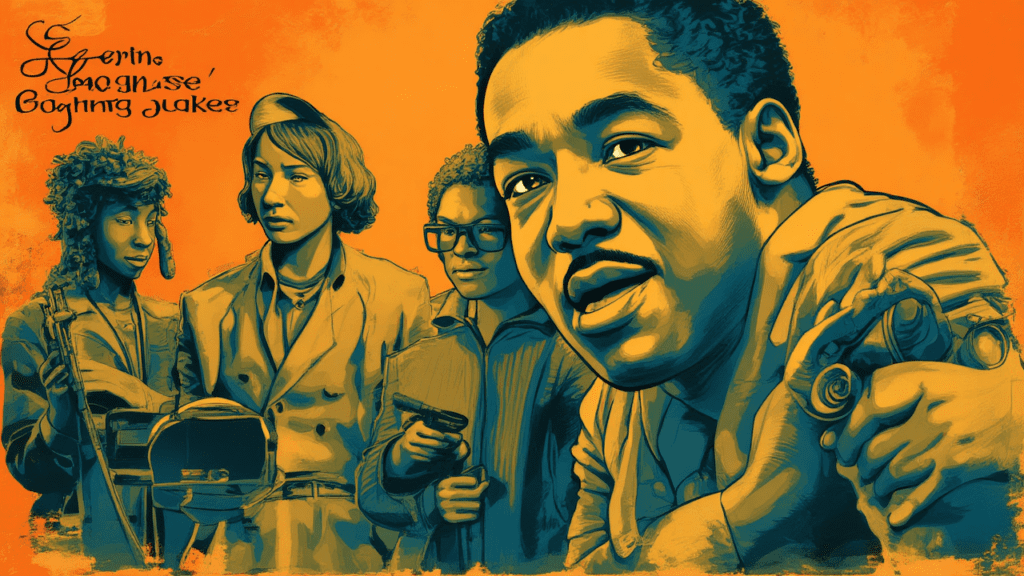
While Dr. King’s full name is often used in formal contexts, the shortened reference to “Martin Luther” evokes the legacy of both Dr. King and his namesake, Martin Luther, the 16th-century Protestant Reformer. Like the original Martin Luther, Dr. King sought transformative change, challenging the status quo and advocating for justice and equality. This shared commitment to reform underpins the enduring power of the name.
Conclusion
Dr. Martin Luther King Jr. Day is a powerful reminder of the importance of equality, justice, and service. It invites us to honor a leader who transformed a nation and to recommit ourselves to building a world where everyone can thrive. As we celebrate this day, let us remember Dr. King’s dream and strive to make it a reality, one act of kindness and justice at a time.



